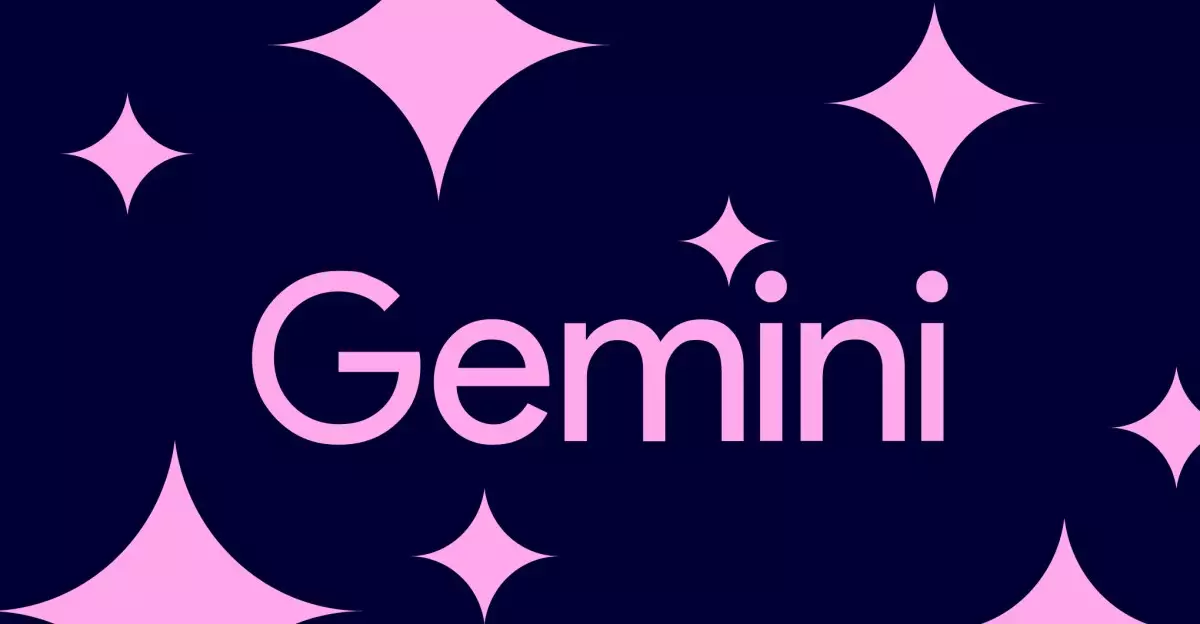As technology continues to evolve, the integration of artificial intelligence into the daily lives of children is both exciting and concerning. Google has announced its plans to roll out Gemini apps to kids under 13, accessible through managed family accounts. This move taps into the growing trend of utilizing AI to assist in educational contexts, promoting learning and creativity among young users. However, it begs the question: Are we adequately preparing both children and their guardians for this digital evolution?
The Educational Potential of AI for Kids
Gemini apps pledge to enhance learning by helping children with their homework and offering engaging storytelling features. In theory, this could significantly enrich the educational experience, providing an interactive tool that caters to children’s learning styles. Children can explore subjects in a fun, engaging manner, potentially sparking a lifelong interest in technology and learning. Yet, while the educational aspect of these AI tools is promising, it also requires us to critically consider their implications.
Parental Guidance: A Crucial Element
Google is proactive in its communication to parents regarding these new apps. Through notifications sent via the Family Link parental control system, the company emphasizes the need for parental guidance in navigating the AI terrain. They caution parents that while Gemini can be beneficial, it is not infallible, and young users may encounter unexpected or inappropriate content. This admission highlights a significant concern: the capabilities of AI are not yet flawless, and children may be unaware of the distinction between real and virtual interactions. Being transparent with young users about the nature of AI and encouraging open discussions about their experiences with these tools will be crucial in fostering responsible usage.
Moving Forward: The Balance between Innovation and Safety
While innovations like Gemini promise unique opportunities for tailored learning and engagement, they also pose risks that cannot be overlooked. Instances of AI providing disconcerting advice or content, as seen with platforms like Character.ai, signal potential hazards in unregulated environments. Google has recognized this risk, offering recommendations for parents to ensure children understand the nuances of engaging with AI. Encouraging discussions about privacy and security emerges as an essential responsibility for both parents and educators alike.
Preparing for a Digital Future
As we embrace the digital future, it is imperative that we guide the younger generation in understanding and utilizing AI responsibly. The rollout of Gemini apps could pave the way for a new standard in educational support, but this journey necessitates careful oversight. The responsibility falls on us to protect the innocence of childhood while equipping them with tools that unlock knowledge and creativity. The balance between technological advancement and child safety must remain a priority if we wish to navigate this dynamic landscape thoughtfully.

